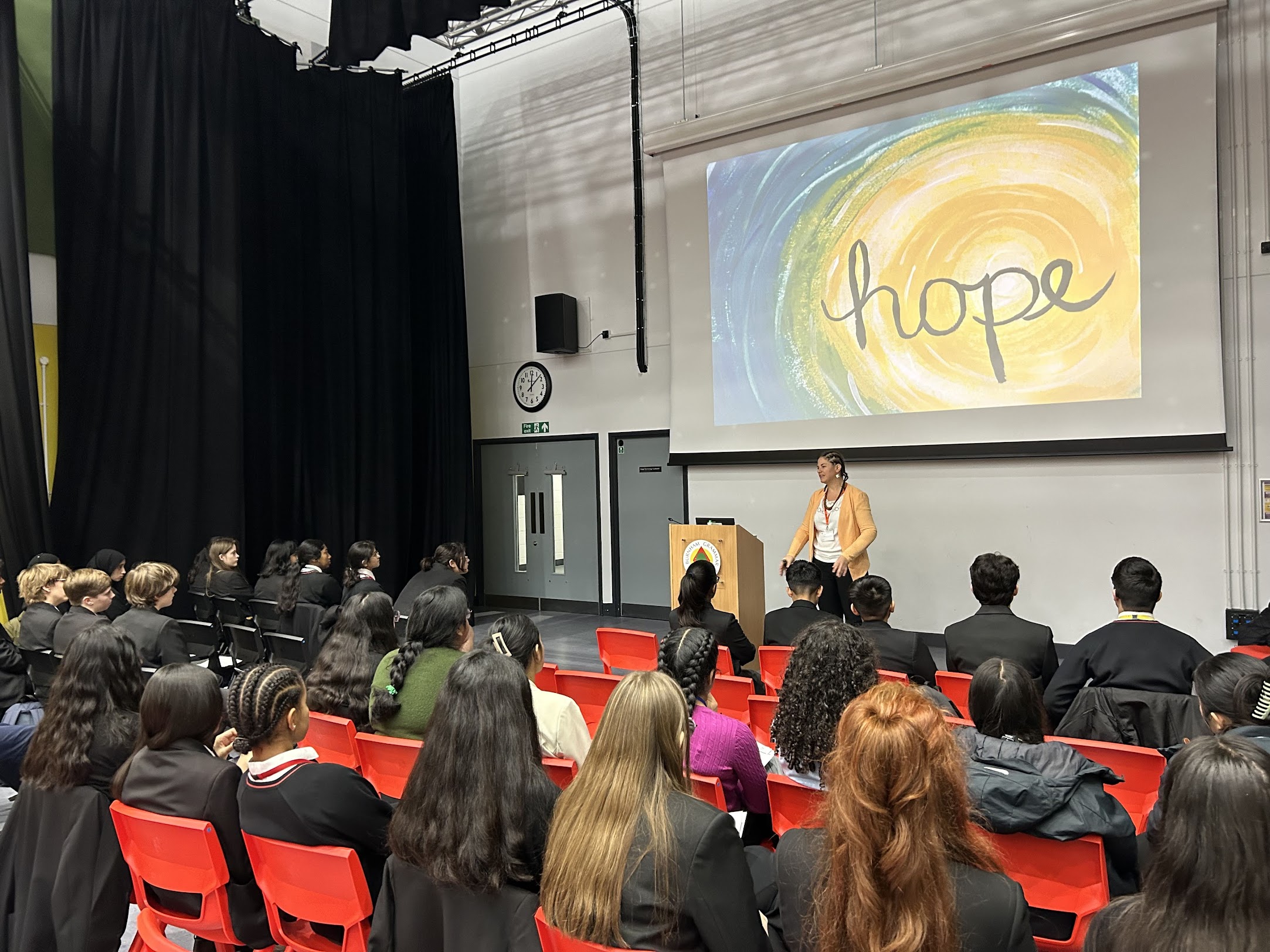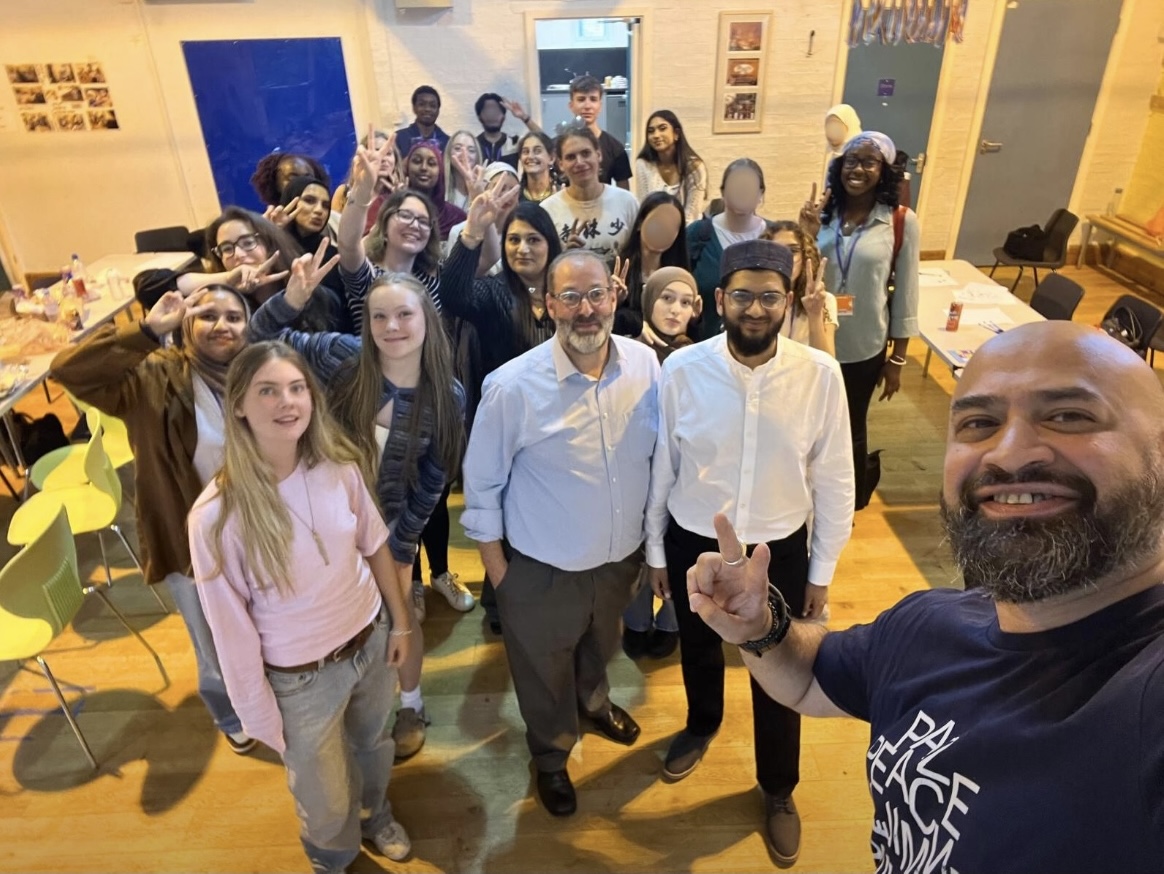Blog
If you’re interested in writing a submission for the blog, please email team@solutionsnotsides.co.uk
Feb, 02 2026
Why Conflict Resolution and Peace Education Must Be at the Heart of Citizenship Education
The UK is living through a period of rising polarisation, mistrust and social fragmentation. These pressures are visible in our schools, where young people encounter disagreement not as a normal feature of democratic life, but as something dangerous, personal and identity-defining. Social media echo chambers, misinformation and dehumanising narratives are shaping how the next generation and the leaders of tomorrow understand conflict, power and belonging.
Jan, 06 2026
Holding Steady in Turbulent Times - The Need for Peace Education in 2026

As we start 2026, we’re reflecting on the fact that working in conflict resolution education and community cohesion during turbulent political times often feels like a long, unpredictable game of snakes and ladders.
Nov, 21 2025
Reflections on the More In Common Report: ‘After Choosing Sides: Britain's changing views on the Israel-Palestine conflict’
The recent Independent headline reporting on the More In Common research results highlights that “four in ten Britons would consider ending friendships over Israel-Palestine views”. This is heartbreaking, but sadly not surprising. It highlights an urgent reality: our social fabric is fraying. People are frightened of talking to each other. Misunderstandings are deepening and many young people are absorbing this polarisation without the tools needed to navigate it.
Oct, 31 2025
"United in striving for the ultimate goal of peace and humanity" - My Bridge Builders experience
When I joined the Solutions not Sides Bridge Builders Programme, I didn’t fully know what to expect. As a regular state school student, opportunities like this often feel out of reach, but Solutions not Sides provided me with access to experiences and networks that I would never have imagined for myself. For that, I will always be grateful.
Oct, 31 2025
My internship experience with SNS

During the summer, I had the amazing opportunity of being an SNS intern for six weeks. Despite the duration of the placement, this was a once-in-a-lifetime opportunity and helped me grow personally and professionally. I feel absolutely privileged to have been a part of this team! This experience has taught me things for a lifetime.